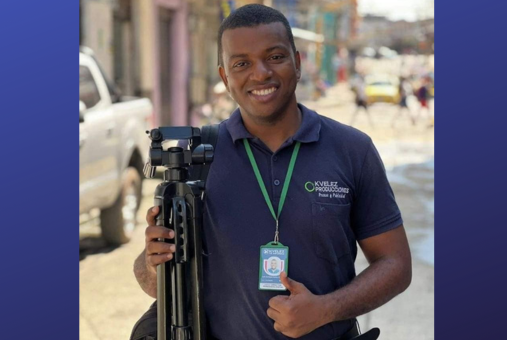
For Luis Núñez, journalism is an act of love and community service. He anchors two newscasts on Colombia’s Pacific coast and sells viche liquor, knowing he can’t live off journalism alone.
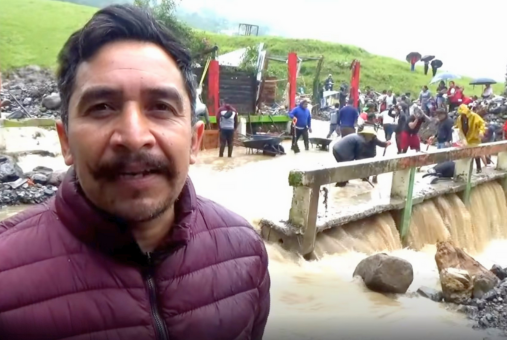
When floods left towns in central Mexico without power or internet, local reporters turned their newsrooms into hubs of communication, even as they themselves faced loss and isolation.
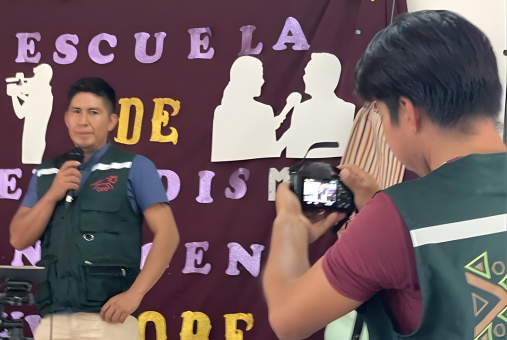
At the Indigenous Journalism School in southern Bolivia, students are reclaiming their stories through video, radio and social media, countering the neglect of Indigenous voices in mainstream media.
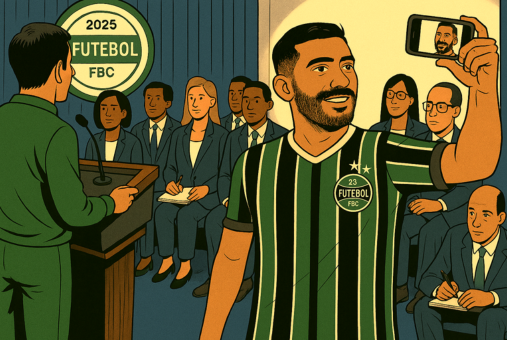
A growing number of Brazilian sports journalists are turning what was once taboo into an opportunity. Critics say the trend is costing sports journalism its credibility.
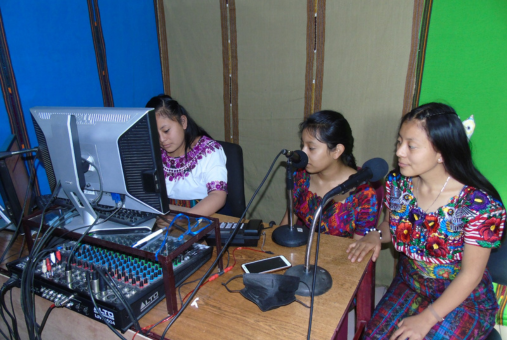
A new report says community media — mostly Indigenous — face harassment and censorship for exposing abuses by transnational corporations, even after a landmark court ruling ordered their protection.
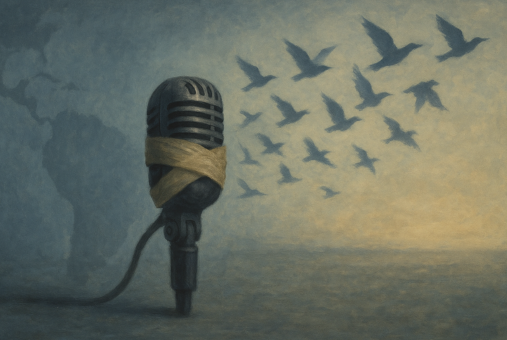
A new report says they face immigration challenges and income insecurity, leading many to abandon the profession.
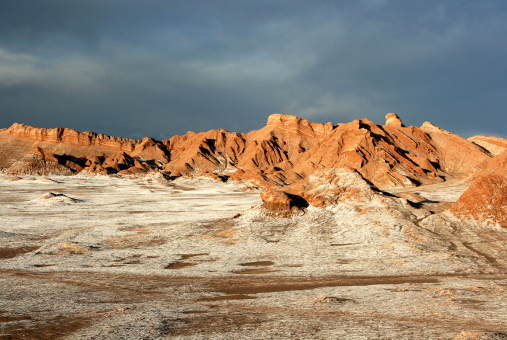
A new study shows 47% of Chile’s towns lack sufficient local journalism. But in the south, online outlets are informing communities with local news and investigations.
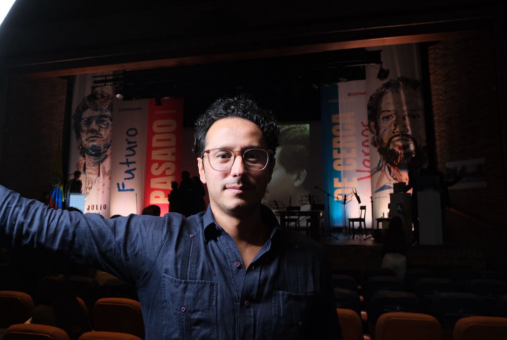
For Daniel Chaparro Díaz, a personal quest to understand his father's murder has become a professional mission to preserve the memory of Colombian journalists killed for their work.
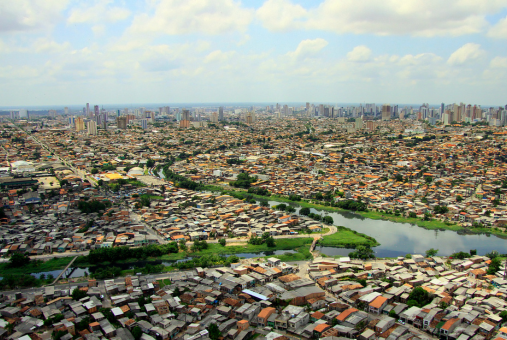
With few hotel rooms and high travel costs to the heart of the Amazon, many reporters may be shut out of the climate summit, raising fears of fewer diverse voices in its coverage.
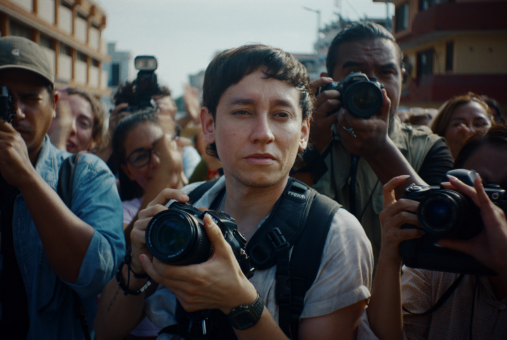
The murders of Mexican journalists Regina Martínez and Rubén Espinosa left their mark on filmmaker J. Xavier Velasco, who seeks to highlight violence against the press in Mexico.
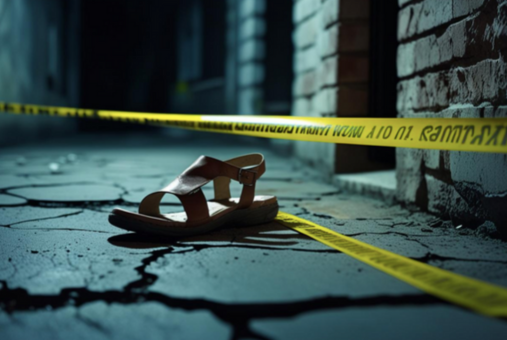
With high rates of violence against women, coverage of the crime has improved in the country, but sensationalism and superficiality persist.
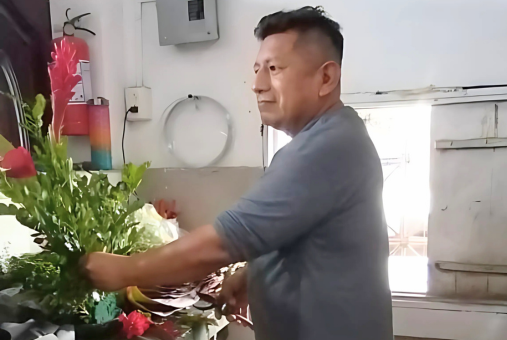
Johnny Lucas balances journalism with selling flowers to earn a minimum wage. His story reflects the reality of many Ecuadorian journalists who juggle multiple jobs to survive amid precarious working conditions.